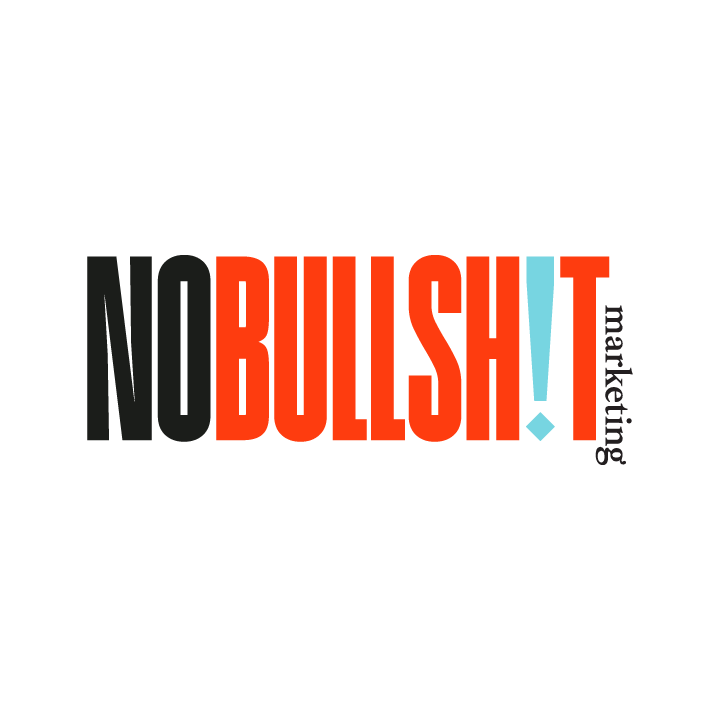What's New with Facebook
We have some bad news for small business owners. If Facebook is your primary way of reaching your target audience, you could be in trouble. Why? Because engagement is down. People are not liking your pages as often. They are not engaging with the posts through likes, comments, or shares as much as they once did. And, this is happening whether you are posting organically or paying for the ads.
The good news is that social media is still powerful. You just need to be a little more strategic as you plan where to post. In this article, we will help you decide which platforms you should focus on, and why you need to diversify not just in platforms but also in email marketing, website design, and more. In addition, you’ll learn why it’s so important to use your insights when making your next move.
So what do you do now?
First, don’t panic. Facebook is a big company with a ton of smart people at the helm. As marketing companies begin to create strategies that don’t lean on Facebook, the company is likely to make some changes to lure the companies back into the fold. This will be good for your small business. But that’s not happening now, so now what?
Diversify Your Social Media Platforms
For years, we have told our clients to diversify. Because you don’t own the followers on your social media accounts, we have suggested that small businesses make sure to have accounts on each of the platforms. This is important for several reasons, but the number one reason is that it is good for your SEO.
When someone looks your product or service up on social media, they may find you because your website is beautifully optimized. But, more often than not, they will find you because you are also on Facebook, Instagram, Twitter, LinkedIn, or Twitter. Being on multiple platforms is just one more way to be sure you are found in a search. Combining social media with an organizational membership, such as chambers of commerce that act as a membership directory, will book your SEO and help people find you more easily.
Stay Focused
Diversifying is important, but don’t take it too far. You still need to have one social media platform that you focus on. For some, though not many, this may still be Facebook. For others, it could be Instagram, LinkedIn, Twitter, or even Tiktok. Use your insights to decide where most of your followers are. If you are not currently on other platforms, consider testing the waters.
Choosing A Social Media Platform
When choosing a social media platform, consider your audience. So many business owners are afraid of social media marketing because they think it is all about technology. But the truth is that social media is about sociology and psychology more than technology. You have to get to know your audience before you can decide which platforms are best.
Where does your target market hang out? If you are a business attorney, it’s possible that your clients are spending time on LinkedIn and would appreciate your educational posts about your area of expertise. But it’s also possible that your business focuses on solopreneurs in the fitness industry. If this is the case, you may find that your audience is on Instagram or TikTok.
Consider Email Marketing
We are huge fans of email marketing. What? But, wait! You own a social media company. Yes, yes we do. But we understand that when it’s all said and done, we don’t own our social media accounts. Email marketing, on the other hand, is something we own. We own the email list and can reach out to our audience whenever we want to.
Take a look at our logo.
The swirl is not just a pretty design. It comes from Ann’s habit of speaking with her hands and discussing marketing as a whole. If you want marketing to work, you need to stir in website design and functionality, email marketing, social media marketing, blog content, video strategy, and review management. These should all be working together to create one big swirl of activity that works together towards an end goal.
What About Groups?
We know that groups matter and we know that some people have built very robust Facebook groups. But this dip in engagement and the lack of a current plan to correct the issue should scare you. If you have a group that is only active on Facebook, it’s time to start considering other options. In a future post, we will discuss options for creating groups outside of Facebook.
What Can We Learn From Facebook’s Situation
At the risk of sounding like a broken record, diversify. You never know when one door will close and although the saying goes “another door will open,” we all know that building an audience on any platform takes time. You don’t want to start from scratch. Diversifying now is going to be key to continued audience growth in the future. If Facebook isn’t safe, then which platform truly is?

